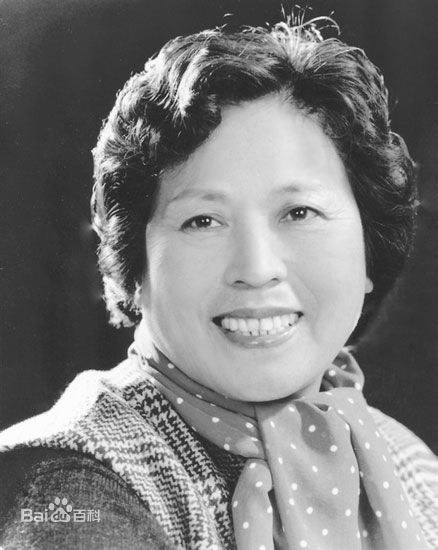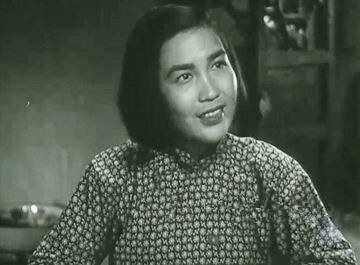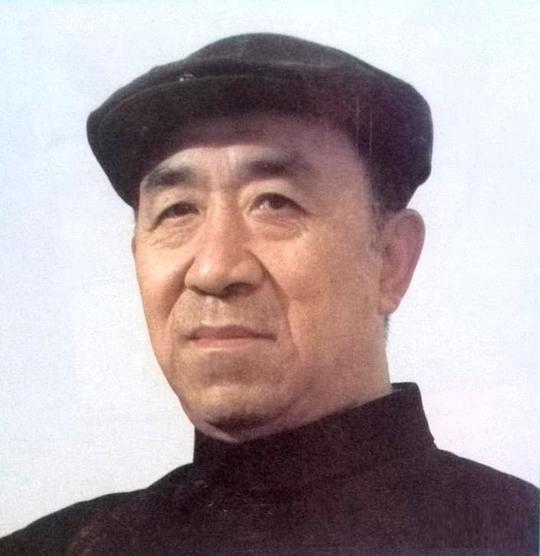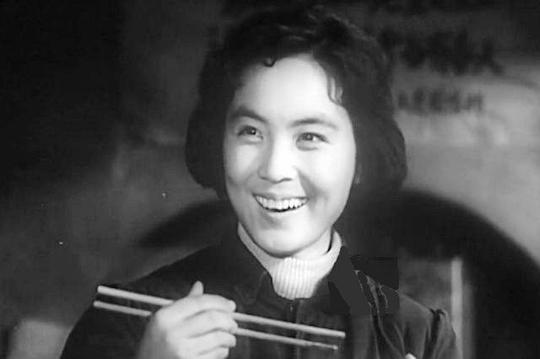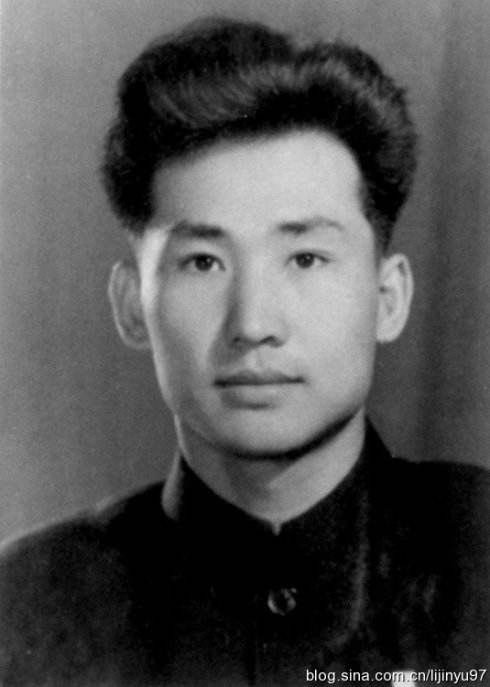昆仑山上一棵草(1962)
演员:
影评:
“
Small Grass is based on Wang Zongyuan’s short story “Hui Sao (Hui’s Wife)—the Story Within the Story,”
this was the first film she was asked to direct independently
should be regarded as the first women’s film in China.
The most salient narrative device in Dong’s Small Grass is the female voice-over, which is anchored within the diegetic frame, synchronically communicating the inner thoughts and emotions of the character (Li Wanli).
The original story by Wang Zongyan has a different narrative device. It begins with a primary first-person narrator (presumably a male writer or reporter) who meets Li at a big celebratory meeting held for young model workers and socialist construction activists in the Qaidam Basin area. He becomes interested in Li, a model young woman with a Shanghai background. When he asks her about her experience of first coming to the Qinghai-Tibet Plateau, she answers him by telling a story of Hui Sao, a peasant woman who helped transform Li’s life on the plateau. Although Li narrates the main story from then on, her first-person narration is enveloped by the narrative frame of the male writer.
In their adaptation of the story, Dong and Hua Ming remove both the authorial male narrator and Li’s first-person narration and cut instead directly into Li’s story as she experiences it.
It is important to note that this crucial detail of the Tibetan girl on the magazine cover is not in the original story but was added by Dong and Hua in their adaptation. As a woman and former actress, Dong understood that it is not only simplistic but untruthful to interpret Li’s early reaction to the plateau, as the original story did, as motivated by lack of courage or determination. Such a stereotypical and abstract judgment would obscure and dismiss many serious issues. Dong once stressed that her past experience as an actress helped her direct films because it is important for an actress to emotionally identify with her character, not simply to perform her character rationally or externally.
Relying on her own emotions, feelings, and sense of reality, Dong bridged the emotional gaps existing in the original story of Small Grass by deploying Li’s inner desires and identification models. But when Li’s socialist cinema and female authorship original imagination and desire are revealed, the film inadvertently uncovers enormous ideological gaps: first, between the official public representation and reality of the plateau, and second, between the public demands on women and women’s different psychological and emotional preferences. These ideological contradictions and gaps run deep in socialist China, and they represent themselves repeatedly in the film narrative.
The official and masculine representation of both present and future life in socialist China, the film implicitly yet critically suggests, was often intended to engage the female imagination, arousing in female audiences and readers a passion for identification and action. After initially embracing the representation, however, most women found that reality was quite different; it not only ran counter to what they perceived in official representations but also demanded that women repress their own emotions and required them to cross-identify with masculine models. Xiao Liu, the model male driver in the film, functions exactly as this silencing and demanding force. Can women be the same as men? Do (all) women desire to identify with men or with what men represent? Li’s and Hui Sao’s voice-overs place such political assumptions under scrutiny and expose the ideological discrepancies and historical contradictions encountered in the process of female identification in socialist China
As a peasant woman invested with a historically specific vision of life and home, Hui Sao’s sense of self offers great insight into the inherently diverse identities of socialist women
She becomes fascinated with Hui Sao, not necessarily because she is an exemplary socialist figure but because she is a special woman who has, in Li’s terms, “magically” transplanted to the area a sense of life and home similar to her own. Li feels relieved that her sense of belonging is restored, and her vision of self and life are confirmed in Hui Sao’s space. In this way, Hui Sao functions as a necessary maternal figure for Li’s rebirth and transformation. In fact, as the first and only person in the film who asks Li her name, Hui Sao introduces Li to the audience. Later, in Hui Sao’s bedroom, it is Li who finds Hui Sao’s own name on an award hung on the wall and reads aloud to the audience, “He Lianzhen.” This mutual recognition between the two women is especially significant in a context in which nobody pays attention to names or individual identities. Once again, this detail is not in the original story, but was added by Dong in her adaptation ”

